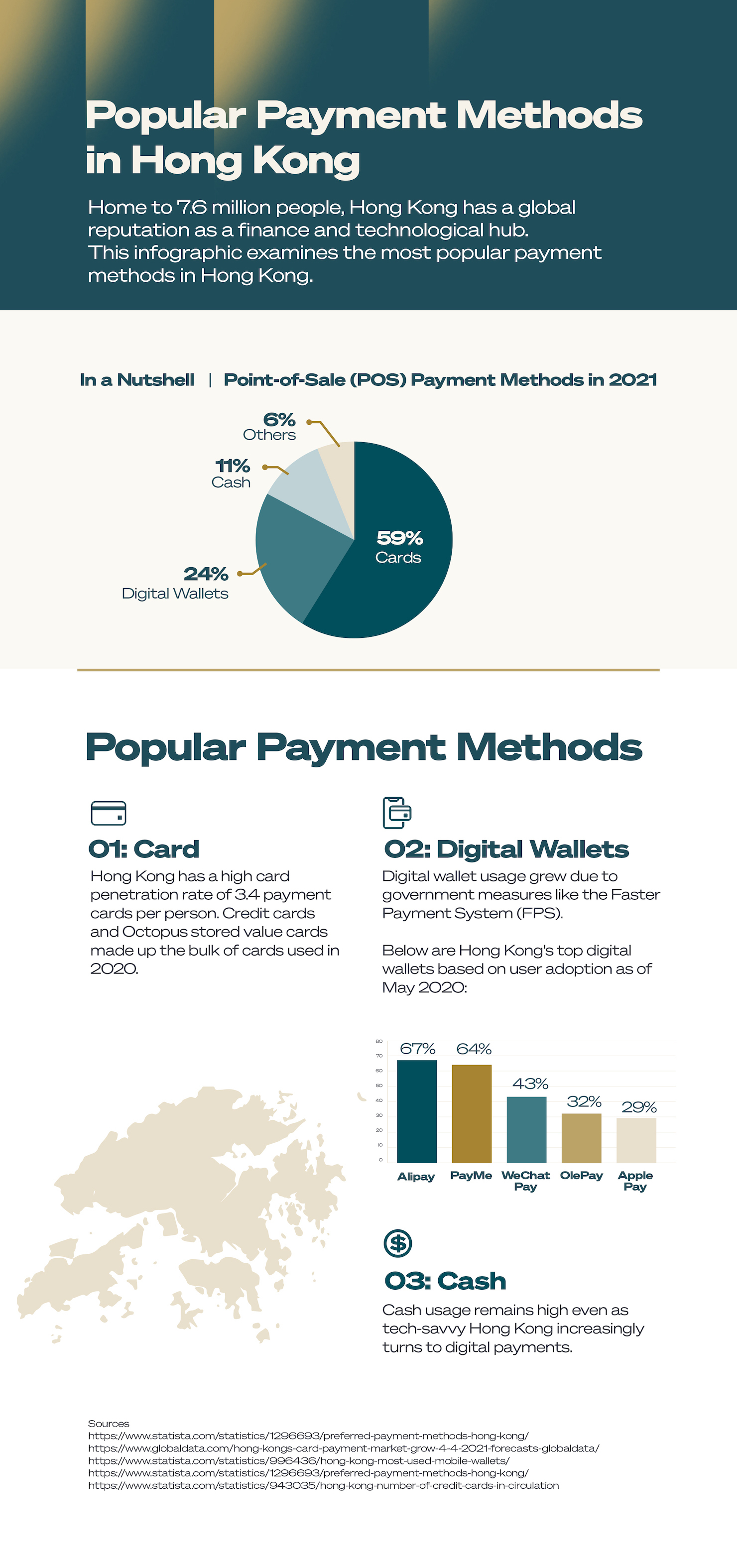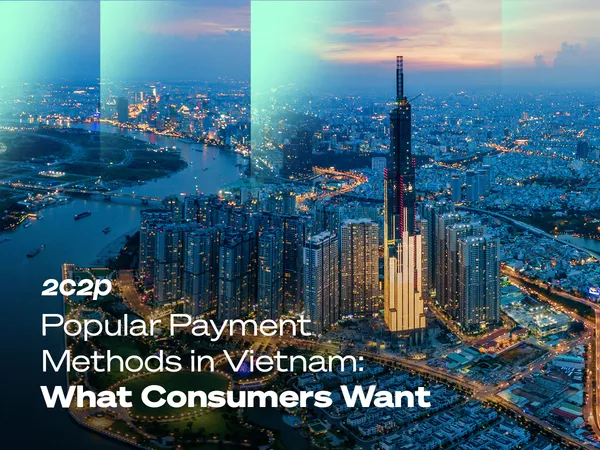✕
E-BOOK AVAILABLE FOR DOWNLOAD
Solutions
Who We Serve
About Us
Resources
Solutions
A single platform to accept payments, protect revenue, and control your finances.
Accept Payment
The most comprehensive payments platform for large enterprise businesses operating in emerging markets.
Make Payment
Send money across borders easily
Issuing Cards & Wallets
Cards & Wallets
Digital Goods, Bills & Services
Simplify digital goods and services for businesses of any size.
Industries
Our variety of payment solutions meets the needs of businesses from every sector.
Markets
Retail
Click and pay. your way
Hospitality
Click and pay. your way
Insurance
Click and pay. your way
F&B
Click and pay. your way
eCommerce & Marketplaces
Click and pay. your way
Airlines
Be the pilot of your airline's payment system
case-studies">
Case Studies
About Us
We are a full-suite payments platform trusted by global businesses.
Resources
Materials to help you master payments and work with our platform.
Solutions
A single platform to accept payments, protect revenue, and control your finances.

Industries
Our variety of payment solutions meets the needs of businesses from every sector.

About Us
We are a full-suite payments platform trusted by global businesses.

Resources
Materials to help you master payments and work with our platform.

Log In

Singapore


 Login
Login










